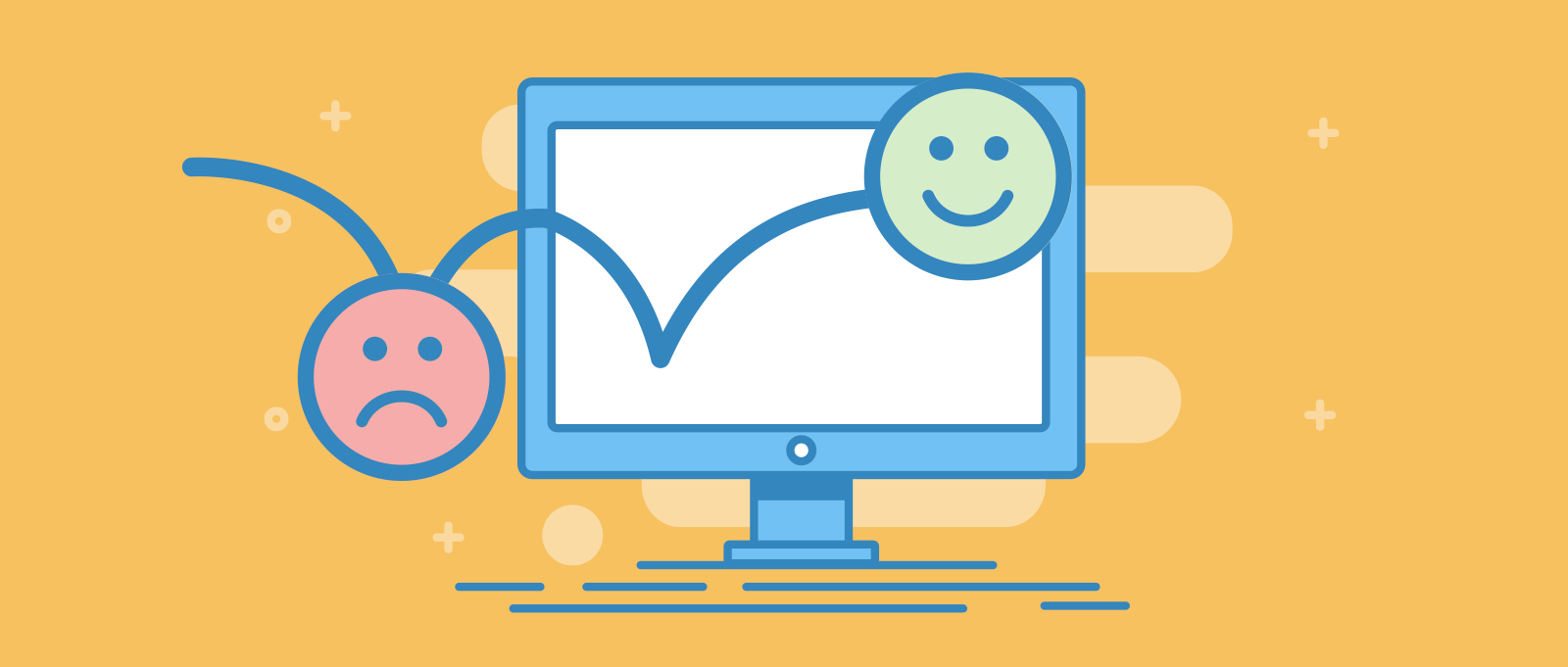Jennifer Bousquet, Tiffany Piper, and Melissa Tamayo
SP18: INFO-232 Sec 11 - Issues in Public Libraries
Language is a powerful tool. One single word can evoke feelings, thoughts, and actions. Words help establish connections, and relationships with people. It is therefore important for libraries to carefully choose their words when communicating and working with the public.
Library staff often don’t realize how antiquated and vague library terminology can be to their customers. The usage of library jargon causes a disconnection, which is the opposite of what libraries strive to do; connect with the public.


(Image source: Wix.com stock photo)
As we mentioned in our "Community Profile" section, Tracy Library's website is in dire need of updating their website. Websites that aren't regularly updated sends a nonverbal message to potential customers that the company doesn't care or is possibly no longer in service.

These factors higher the chances for users to leave the website quickly. Users usually leave, or “bounce away” from a web page within 10-20 seconds; if the web page is poorly designed, or if there isn’t a clear message of what the company does or values (Nielson, 2011).
Photo Credit: https://elevate360.com.au/conversion-optimization/bounce-back-from-a-high-bounce-rate/
These Tracy Library Branch's website mishaps weaken connections between the library and their community. Neglecting the website also unintentionally reiterates the stereotype that libraries are outdated and irrelevant in our society. Besides their website maintenance, we also recommend that Tracy Library change their terminology used.
Vocabulary
Word change suggestions:
Storytime
Programs
Academic Assistance
Early Literacy
Classes
Educational Support
By simply changing the name "storytime" to "early literacy", it makes customers feel that the program has more value, because literacy correlates with education. The term "storytime" implies a time of the day when a story is read, and no real learning takes place. With the simple change of words, the same library service may seem more desirable to customers, as our society values education.
The change of words of "programs" to "classes" will impress customers as well because the word "program" is vague. It brings to mind a television show or even a booklet with information about an event or performance (Gross, 2013). The word "program" doesn't necessarily bring to mind what most library programs are; educational moments where people collaborate and learn.
Tracy Library uses "Academic Assistance" on their website, and these terms might intimidate customers. We suggest changing these words into something less intimidating; such as "educational support". Not all customers are interested in pursuing a higher education, but may still need homework help attaining their high school diploma, or other educational goals. The word "support" also brings feelings of comfort, and ease; because the word "support" suggests that you are not alone, and will be helped by a caring individual.
Re-branding Tracy Library
Tracy Library is at high risk of not connecting effectively with their community because their choice of words doesn't reflect what they actually do. For example, Tracy Library has Makerspace classes, local author fairs, ACT test preparation classes, and even an acupuncture class! These are services that will intrigue and benefit today's workforce, but they unfortunately are not being marketed effectively through advertising and promotion.
It’s important to highlight their relevant services, but it’s also imperative that Tracy library re-brand, and emphasize how the public library is the perfect space for innovation. We want the community of Tracy to use and think of Tracy Library as their platform to collaborate, create, and have their voices heard. According to Garmer (2016), envisioning the library as a platform for innovation intended for community members, will set two objectives:
1. It will encourage and give more opportunities for people from all walks of life to explore curiosity,
and collaboration.
2. It will create a set tool that benefits community members from the exchange, and learning that
occurs with innovation.
Public libraries are more than just a space to go to and check out books or get information. A public library is the perfect space to meet new people, share ideas, and create something. Libraries originally were places where dialogue and ideas were shared among people, they were “thinking tanks” (Garmer, 2016).
We believe Tracy Library does an adequate job at providing relevant services and programs for their community, but it’s possible that they could do more active collaboration with their community leaders. By collaborating with community organizations, they will raise the library's public profile, and ultimately change the perception that the library is just a building with dusty books. Libraries are a space where curiosity is welcomed, collaboration occurs and dynamic ideas are born. Part of that effort entails cultivating an active online presence, and posting in a timely manner on social media, including tagging schools and community organizations in order to build both awareness and partnerships. To promote themselves as innovators, they must act as innovators too, and that means embracing an open mindset and increasing their technical savvy.

(Image source: Wix.com stock photo)
Libraries are an integral part of any thriving community and they aim to serve all walks of life and all ages, from childhood to adulthood, and hopefully for most citizens' senior years. Tracy Library obviously services their community on a large scale (note the annual number of items circulated on the community profile section of this website) but there is always room for improvement. We have tried to point out some areas that could be improved and make practical suggestions for "easy fixes."